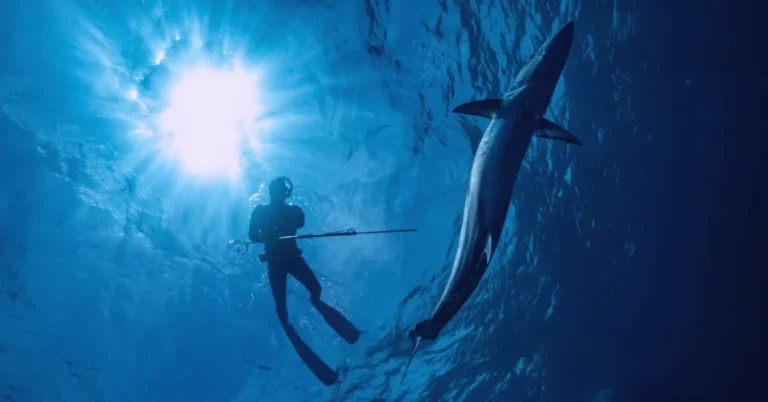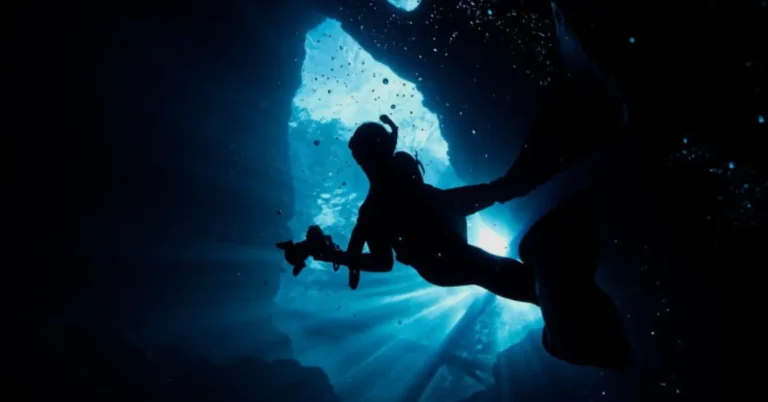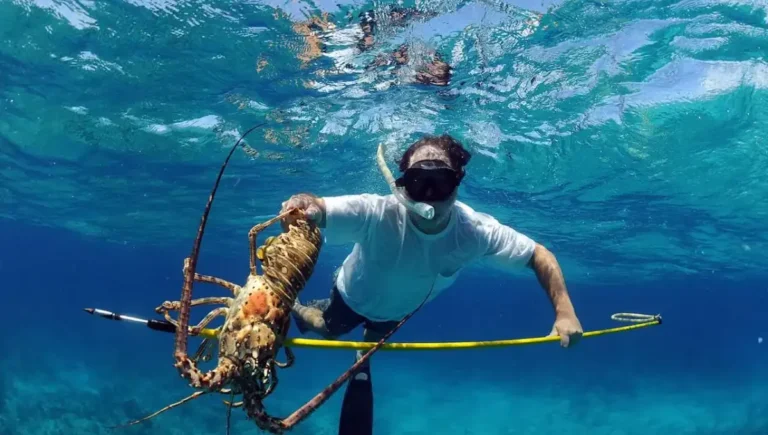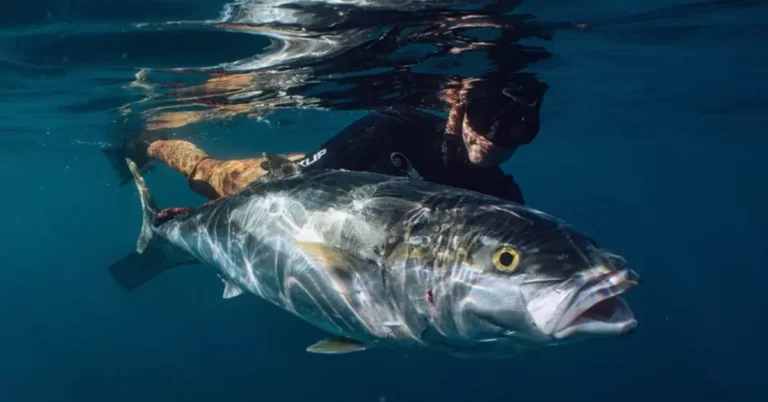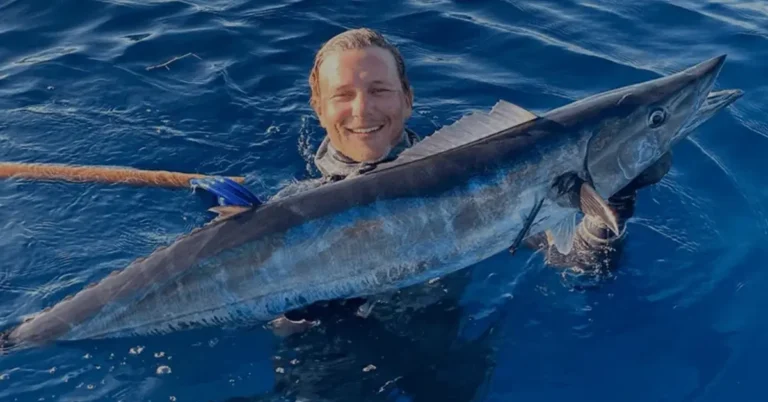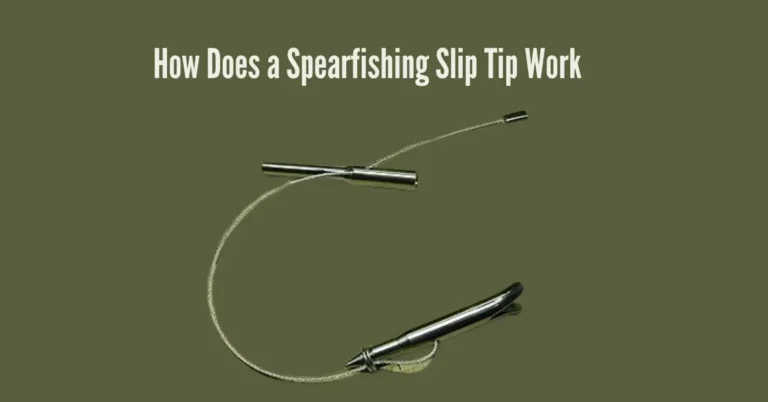The Art of Freediving for Spearfishing: How to Improve Your Breath-Hold
Did you know that spearfishing almost became an Olympic sport in the 1960s? It never happened, but spearfishing has a long history, dating back to the Stone Age. You need practice, training, and experience to become a skilled spearfisher. Breathing properly is crucial for staying underwater safely and improving your performance.
Improper breathing can harm your body and even lead to shallow water blackouts, which is dangerous for spearfishers. Consistent dry-training exercises can help you hold your breath longer. Dehydration is also a risk for freedivers. Sweating in a wetsuit can lead to dehydration, so staying hydrated is important before diving. Aqualyte, an Australian product, can help with hydration.
Also Read: Understand the Different Types of Spearfishing Fins
Tips to Improve Your Breath-Hold
Take it slowly and steadily to improve how long you can breathe. Don’t push yourself too hard. Relax and let your breathing return to normal if you feel dizzy.
Here are some tips to help you hold your breath longer:
Importance of Proper Breathing Techniques When Diving
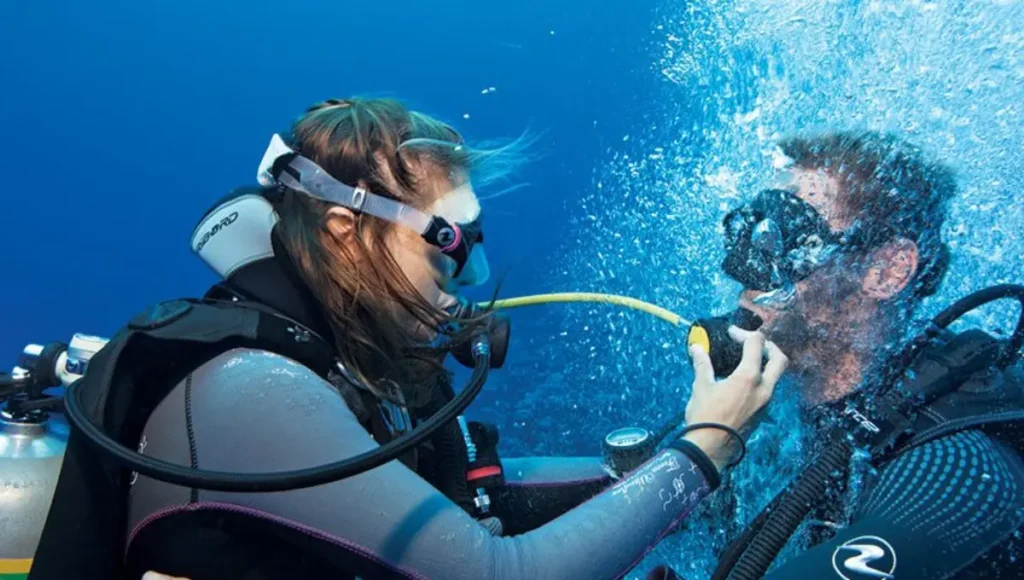
Our lungs are amazing during exercise. They expand to take in more oxygen when we need it. Breathing exercises can help you take in even more oxygen. With practice, you can improve how efficiently your body uses oxygen.
Oxygen from breathing goes into your blood and travels to every part of your body to make energy. Good breathing isn’t just for swimming or diving—it’s important every day. When we’re active, our muscles need oxygen, so we breathe faster. Training can help us handle this better and understand our body’s signals.
Proper breathing can also help release tension when swimming, making it easier and conserving energy. After diving, let your body return to normal breathing. This relaxed breathing is called tidal breathing. Breath control is crucial for spearfishing. It takes time and practice, so be patient and persistent. Enjoy the journey of learning.
Conclusion
Mastering breath-holding is essential for successful spearfishing and safe freediving. You can significantly enhance your breath-holding capacity by focusing on proper breathing techniques, hydration, and gradual training. Remember to prioritize safety and avoid pushing your limits too quickly.
Seek guidance from experienced instructors and fellow divers to accelerate your learning curve. The journey to improving your breath-hold is a rewarding one, allowing you to explore the underwater world with confidence and skill. Embrace the process, stay patient, and enjoy every moment of your freediving experience.

